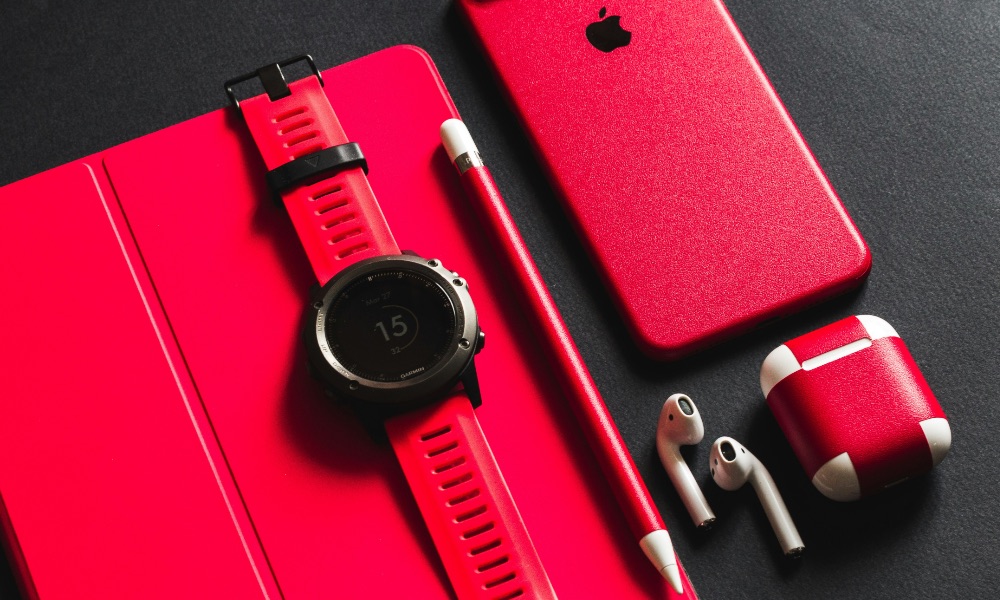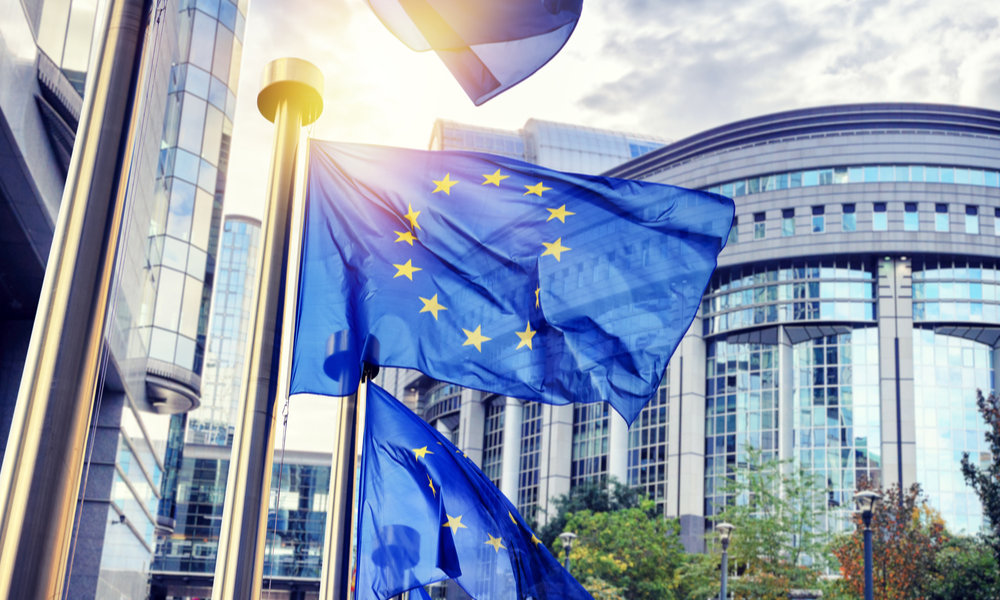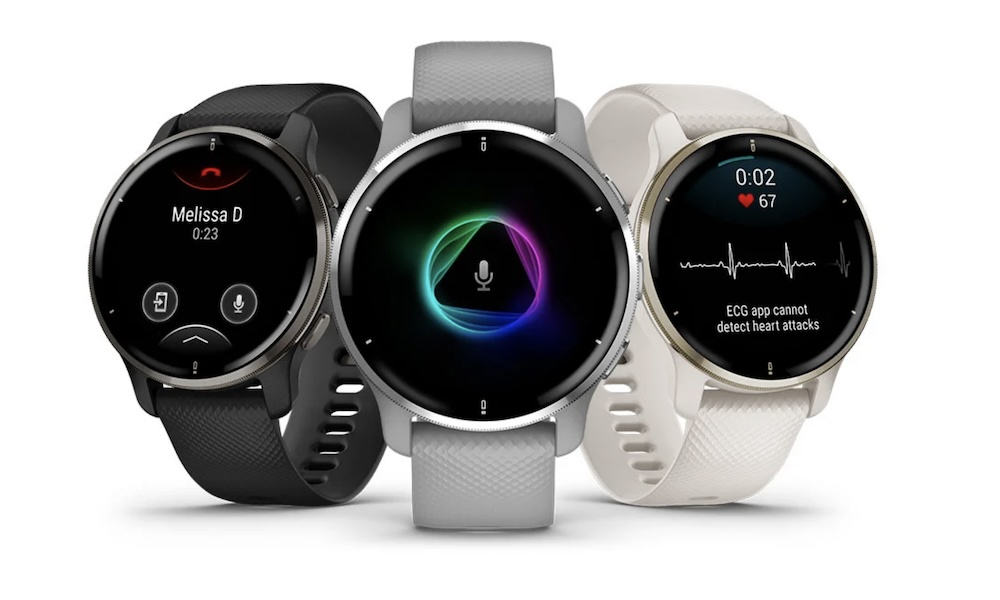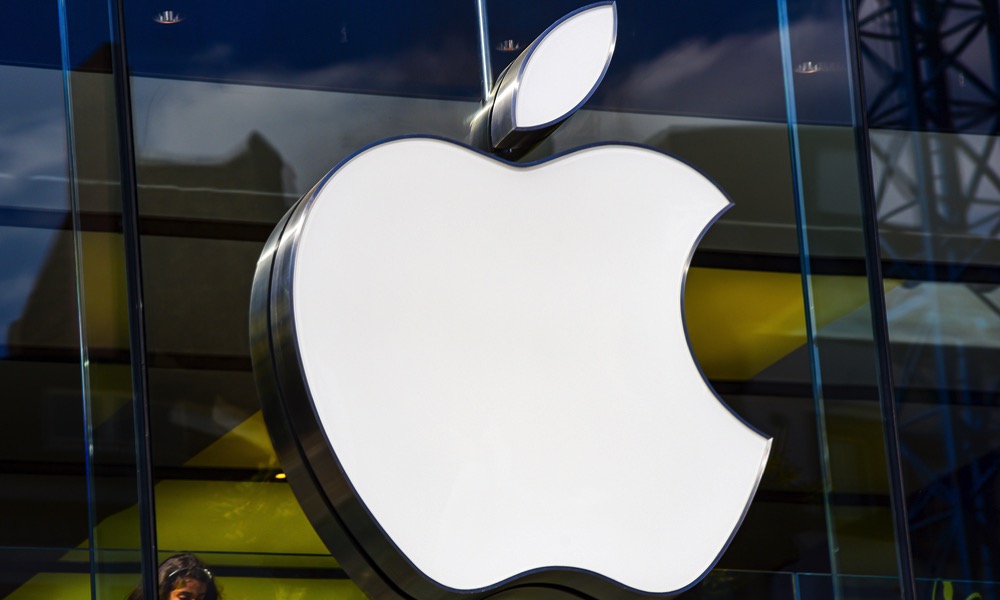Europe Orders Apple to Open Nearly All iPhone ‘Connectivity’ Features to Third Parties
 Credit: Pepi Stojanovski
Credit: Pepi Stojanovski
Toggle Dark Mode
The European Commission is firing off the next big salvo in its war on Apple’s closed ecosystem with a new directive that will force the company to open features like AirPlay, AirDrop, smartwatch notifications, NFC, and pairing features to third-party device makers.
This latest move under the European Union’s Digital Markets Act (DMA) follows regulations that came into effect in early 2024 that changed the landscape of the App Store by requiring that Apple allow third-party app marketplaces in the EU. While there are ongoing battles on the nuances of this — Epic Games’ Tim Sweeney and others have accused Apple of “malicious compliance” by doing the bare minimum to meet the letter of the law — the EC appears to have moved on to the next phase: hardware interoperability.
The first hints of this appeared in November when the Commission set its sights on the Apple Pencil, suggesting that all smart pens should get the same access to iPadOS features that Apple’s first-party stylus offers.
Now, it’s doing much the same for the iPhone and iOS, announcing that it’s adopted two decisions under the DMA that specify “the measures that Apple has to take to comply with certain aspects of its interoperability obligation.”
The Commission’s stated goal under the DMA is to ensure that third-party companies can achieve “a deeper and more seamless integration” with Apple’s ecosystem. The iPhone (and iPad) have been determined “gatekeepers” in the European Union due to their popularity and high market share, and the EC has long felt that Apple enjoys an unfair advantage within its own ecosystem.
The first set of measures concerns nine iOS connectivity features, predominantly used for connected devices such as smartwatches, headphones or TVs. The measures will grant device manufacturers and app developers improved access to iPhone features that interact with such devices (e.g. displaying notifications on smartwatches), faster data transfers (e.g. peer-to-peer Wi-Fi connections, and near-field communication) and easier device set-up (e.g. pairing).
European Commission
For example, Apple has long been criticized from some corners about how the Apple Watch can interact with an iPhone in ways that third-party smartwatches can’t, including receiving seamless notifications and pairing. As far as the European Commission is concerned, other companies like Garmin, Samsung, Google, and the next generation of Pebble smartwatches are effectively shut out.
They’re not entirely wrong about this, and the EC isn’t alone in investigating Apple. The US Department of Justice also included this in the massive antitrust lawsuit it launched against Apple last year, specifically citing Garmin users who were frustrated that their smartwatches don’t work properly with their iPhones. To be fair, not all of the DoJ’s complaints made sense, but smartwatch interoperability was one of the stronger ones.
However, like the DoJ lawsuit, the EC’s actions are about more than just smartwatches. Plus, while the DoJ is merely filing a claim to try and prove Apple is engaging in anticompetitive behavior, the European Commission has already made that call. Apple is anti-competitive under European law, and the DMA is the remedy for that.
This latest ruling will require Apple to fully open up iOS notifications to third-party hardware devices. That will cover smartwatches, but it doesn’t limit this exclusively to those, and Apple will likely need to do the same for carmakers who want to display notifications on drivers’ dashboards without CarPlay and developers of computing platforms like Windows.
Third-party smartwatches and other accessories that need to deeply tie into iOS will also be required to have full background execution privileges so that apps can run on the iPhone to support these devices without being shut down by iOS.
Additionally, Apple is being required to open up AirDrop to allow other smartphones, tablets, computers, and other devices to exchange data with an iPhone or iPad and provide all the same connectivity features to other Bluetooth headphones that AirPods users currently enjoy.
AirPlay is another feature that’s covered by the EC’s DMA ruling. Although Apple already licenses AirPlay to any third-party company that wants to implement it, the DMA prohibits Apple from charging for interoperability, which means that it will be required to provide the AirPlay specs free of charge for any type of connected device.
The European Commission’s announcement adds that Apple will be required to offer “improved access to technical documentation on features not yet available to third parties, timely communication and updates, and a more predictable timeline for the review of interoperability requests,” which suggests that there will still be an application process of some sort.
Nevertheless, it’s unclear to what extent Apple will be allowed to certify any such solutions that third parties come up with. In the past, AirPlay was already a mess for interoperability. For years, it was very difficult to find a reliable set of third-party AirPlay speakers. Apple addressed some of that with AirPlay 2, but few companies have really embraced the new version after the debacle with early AirPlay. Today’s speakers are more about Bluetooth than anything else, while AirPlay has become primarily a video streaming protocol.
The EC also mandates that Apple must make full interoperability available to third parties, free of charge, at the same time as they launch on its own devices. This means that Apple won’t be permitted to roll out these features more cautiously but will need to have all of the necessary aspects in place on day one. This includes such things as tighter security to ensure that the frameworks can’t be abused, plus clear documentation on the APIs that can be understood and used by any third-party developer.
Apple is expected to open these interoperability features in beta by the end of this year, with a full rollout in 2026. That means we’ll probably see at least some of this arrive in iOS 19, and it could be the norm by iOS 20 — at least in Europe.
Apple’s Response
Predictably, Apple isn’t impressed. In a statement to various media outlets, the company said that the new regulations will slow down its ability to innovate and will ultimately be bad for customers for both reliability and privacy.
Today’s decisions wrap us in red tape, slowing down Apple’s ability to innovate for users in Europe and forcing us to give away our new features for free to companies who don’t have to play by the same rules. It’s bad for our products and for our European users. We will continue to work with the European Commission to help them understand our concerns on behalf of our users.
Apple
The need to have connectivity features fully documented and stable for third-party use before they can be launched on Apple’s own platforms will definitely slow things down, but a company spokesperson also highlighted the security concern of third-party companies to be able to sidestep built-in privacy protections by hoovering up notifications from a user’s iPhone — many of which could contain personal information — transferring then in an unencrypted form and possibly even storing them on third-party servers.
This was one of the concerns Apple highlighted late last year. In a December 2024 white paper, It’s getting personal, Apple explained that the DMA’s interoperability mandate was open to abuse by companies like Meta, which has dubious privacy and security policies at best but also bases much of its business model on collecting user data — and it’s been caught breaking the rules to do so.
As we strive to comply with the DMA, we carefully review each interoperability request we receive. As an example of our concerns, Meta has made 15 requests (and counting) for potentially far-reaching access to Apple’s technology stack that, if granted as sought, would reduce the protections around personal data that our users have come to expect from their devices.
Apple
Apple launched a portal last year to allow European developers and manufacturers to request interoperability with iOS and iPadOS in the European Union, and the company maintains that it believes it already complies with all of its obligations under the DMA.
The European Commission’s press release notes that “these decisions fully respect Apple’s rights of defence and remain subject to independent judicial scrutiny,” so we expect that Apple will appeal this one.










